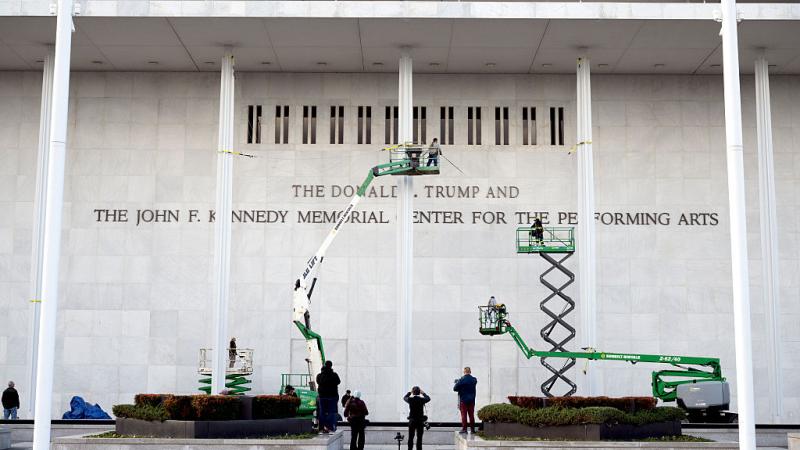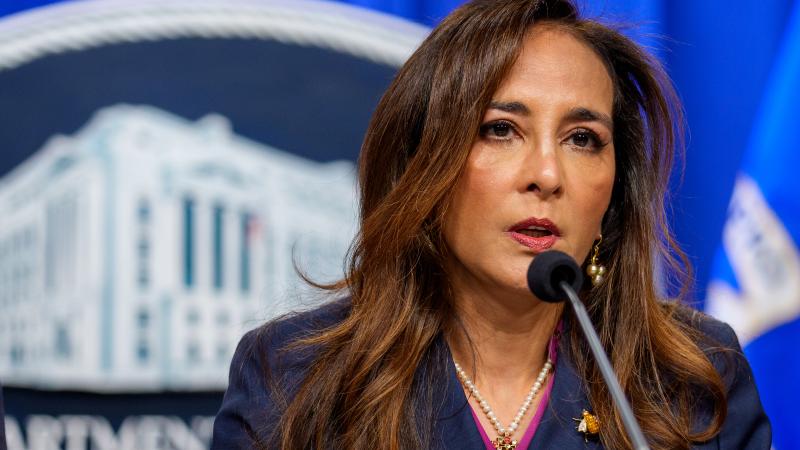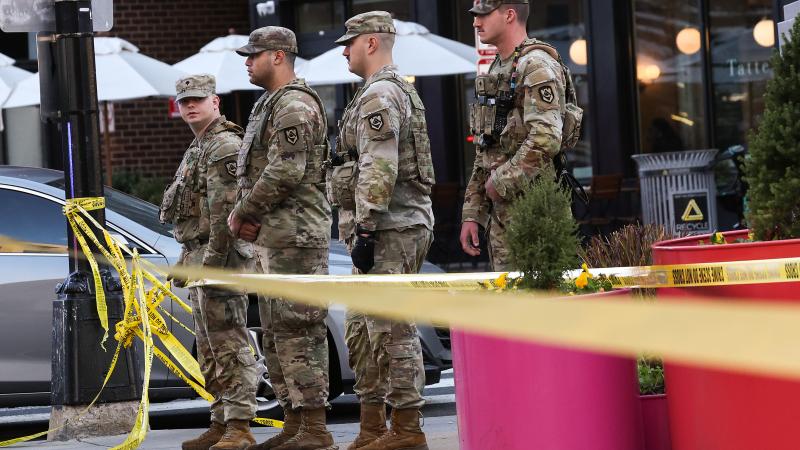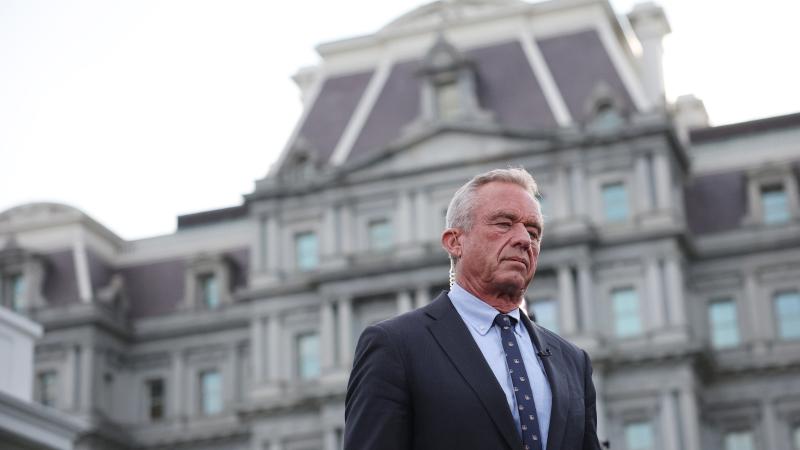Trump's doctor: President can make 'safe return to public engagements' on Saturday
"Overall he’s responded extremely well to treatment," Dr. Sean Conley wrote.
Dr. Sean Conley, President Trump's personal physician, says the president has "completed his course of therapy for COVID-19 as prescribed by his team of physicians" and will soon be cleared to return to "public engagements."
As of Thursday evening, Conley reported in a memo, Trump had a resting heart rate of 69 beats per minute, his blood pressure stood at 127/81, his respiratory rate of 15-17 breaths per minute and a pulse oximetry rate of 96-98%.
"Since returning home, his physical exam has remained stable and devoid of any indications to suggest progression of illness," Conley wrote. "Overall he's responded extremely well to treatment, without evidence on examination of adverse therapeutic effects."
"Saturday will be day 10 since Thursday’s diagnosis," Conley added, "and based on the trajectory of advanced diagnostics the team has been conducting, I fully anticipate the president's safe return to public engagement at that time."
According to previous reports from Conley, Trump was treated with an experimental antibody cocktail developed by the company Regeneron. He also was prescribed dexamethasone, an anti-inflammatory steroid.
Trump said he is raring to go.
"I think I'm gonna' try doing a rally on Saturday night if we have enough time to put it together — but we wanna do a rally, probably in Florida on Saturday night," the president told Fox's Sean Hannity Thursday night. "We might come back and do one in Pennsylvania the following night, and it's incredible what's going on. I feel so good."
Shortly after Conley's memo, Trump's reelection campaign released a statement saying the second presidential debate — the format of which was changed to a "virtual" event, with the two candidates in different studios — should take place as scheduled next Thursday.
There is "no medical reason why the Commission on Presidential Debates should shift the debate to a virtual setting, postpone it, or otherwise alter it in any way," the statement said.
Trump was diagnosed with COVID-19 on Oct. 1 and the next day was taken to Walter Reed National Military Medical Center as a precaution. He was discharged on Sunday, and since then has shown no signs of the illness worsening.
Dr. Anthony Fauci, the country's top infectious disease expert, on Monday said Trump could still go into "reversal."
"He looks fine as you can see the way he looked when he came out of the hospital," Fauci said on CNN. "The issue is that he's still early enough in the disease that it's no secret that if you look at the clinical course of people sometimes, when you're five to eight days in, you can have a reversal. A reversal meaning going in the wrong direction and getting into trouble."
But Fauci, an immunologist and director of the National Institute of Allergy and Infectious Diseases who serves on the White House Coronavirus Task Force, added: "It's unlikely that it will happen, but there need to be heads up for it. He knows it, the physicians know it."
















